The government is currently plotting the biggest revolution to the roads since the introduction of the driving test in 1935 and not all of it’s good news.
Included in the Tories’ strategies to update the roadways are plans to close test centres, cut jobs at motoring agencies and increase the fees for non-essential services like personalised number plates.
As well as that, the Department for Transport is also planning to raise the age that drivers must declare that they’re fit to drive from 70 to 75, plus a controversial part-privatisation of the practical driving test under the guise of austerity cuts.
Currently, the government is undertaking a review of the existing test and trialling an alternative exam, which allows learners to choose between the standard test and a revised version that’s claimed to reflect real-life driving more.
Just some of the changes to the revised test include asking learner drivers to use a satellite navigation system as an alternative to road signs, as well as the nixing of traditional test staples like the three-point turn and reversing around a corner.
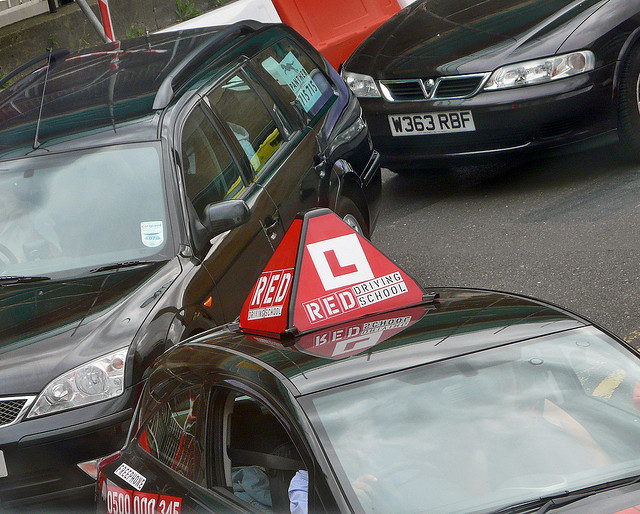
According to the DVSA, if successful, the trial test will replace current manoeuvres with more practical, everyday exercises like reversing out of parking bays.
A DVSA spokesman said: “We are carrying out initial research to explore how the driving test could better reflect real-life driving. Any future changes to the test would be subject to full public consultation.”
However, while the new test has been welcomed by driving instructors and motoring bodies, the news that the Department for Transport wants to “explore the options” for reducing the number of driving test centres to free up room for housing may not be so well received.
Under the plans, redundancies appear inevitable as officials want to combine the DVSA and DVLA’s centres and finance, estates management and human resources departments.
As a result, the private sector would be asked to help fill the gap in examiners, with a consultation document obtained by the Independent stating: “We will also consider how we might meet continued strong customer demand for the practical driving test, through exploring partnerships with other organisations.
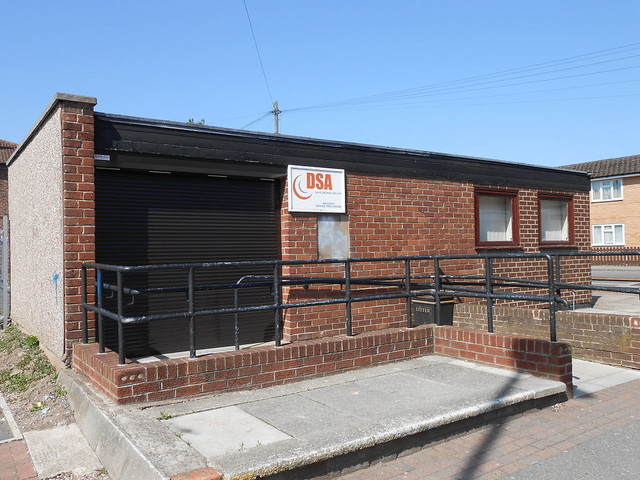
“This might include operating from a range of different sites, or delivering some elements of the test through partners.”
According to Paul Williams, president of the Public and Commercial Services Union’s Department for Transport group, said that such a move would cause “uproar” and “fury” among his members.
The government’s consultation document is due to be officially published in October, and will form the backbone of a formal strategy for the future of Britain’s motoring agencies and roads which is expected to be announced soon after.
One of the main priorities for ministers is to improve the driving test pass rate, which is currently sitting below 50 per cent. Figures from the Department for Transport released in March showed that just over half of learners don’t pass their first test, with 53.4 per cent failing to demonstrate the ability to drive to an acceptable standard.
According to the government’s document, there’s “anecdotal evidence” that learners are booking their tests after only a handful of lessons, potentially due to concerns over waiting times.
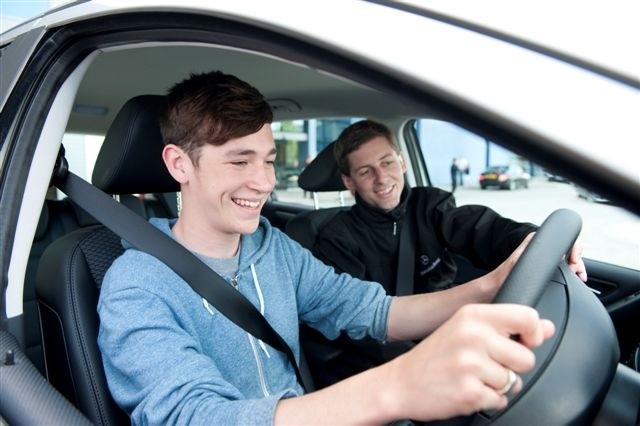
Last year, practical test waiting times hit eight weeks at their longest point due to a shortage of examiners, despite the government aiming for a target of no longer than six weeks maximum. As a result, the document outlines plans to introduce more flexible test slots, with more evening and weekend appointments.
However, with plans to cut costs while also increasing the number of tests taken, the plans could see the proposed reliance on privatisation increase, potentially leaving learners in a bad position.
Under privatisation plans, services could get worse instead of better as private companies have a legal duty to reward their shareholders with profits, meaning that further corners could be cut in an effort to maximise turnover.
Costs could also rise, while government accountability would also be lost under plans to privatise parts of the testing system, while it’s also a difficult process to reverse once put in place.
Unfortunately, cuts have made revenue-generating measures a top priority across Whitehall, with some ministers in support of the plans believing that motoring agencies should increase their fees.
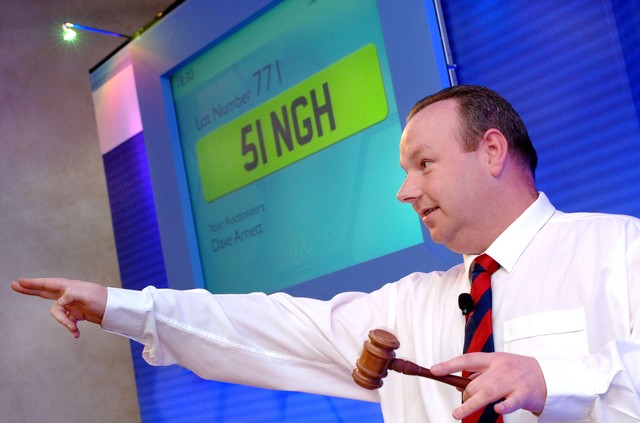
The document states: “Not all agency fees charge for a state monopoly; either insofar as the service is optional (as in DVLA’s cherished number plate service), or where there are other providers in the market (as in VCA’s provision of type approval and/or technical services). We will therefore consider how agencies might maximise income from such services.”
Earlier this year, the Department for Transport reduced the annual fee for retaining personalised number plates from £105 to £80, but this, along with other costs, could be set to rise again under the reforms.
Using this year’s 80th anniversary of the driving test as a stepping stone to push through the reforms, the government says that the face of motoring is quickly and dramatically changing. Looking to driverless car technology as a main factor, it hopes to push through its plans as quickly as possible.
It stated: “In the 130 years since Karl Benz built the first modern motor car there has been continuous and accelerated development of automotive technology. Such development will doubtless continue, with the prospect of driverless cars now a real possibility.”
However, not everyone is convinced, with opposition to the government pointing to former mishaps, like the government’s botched attempt to privatise the VCA, which certifies vehicles for road use, as evidence of Whitehall’s ineptitude.
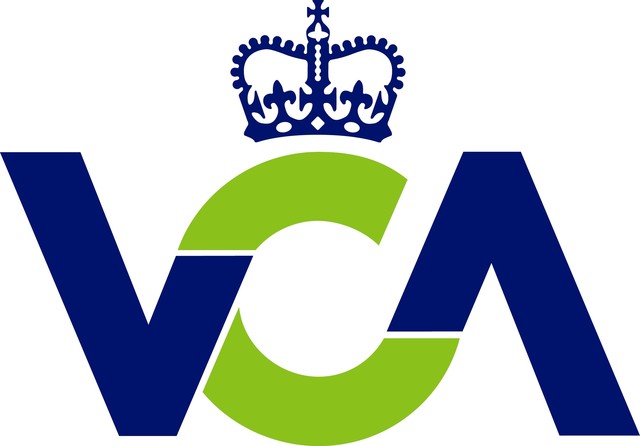
Richard Burden, shadow roads minister, said: “A number of these changes, if done right, have some merit to them. But the track record of the Conservatives has been that every time they attempt a reorganisation, there has been chaos.”
Other plans include raising the mandatory licence renewal age from 70 to 75, after ministers originally planned to raise it to 80 in order to further ease pressure on administration resources and reduce costs.
However, RAC research suggests that one in 10 elderly drivers are not fit to drive, raising potential safety fears as the number of older drivers on the road continues to rise year on year.
Government statistics released in April showed that by 2030, the number of drivers aged 80 and over will have increased to 2.9 million, compared with only 1.3 million in 2012 as better healthcare increases lifespans.
AA director Edmund King said: “The importance of keeping older drivers safe and mobile is vital for all road users, and society in general. Many people will continue to contribute to the economy by working past retirement in years to come and having a car can be essential for getting to and from work.”
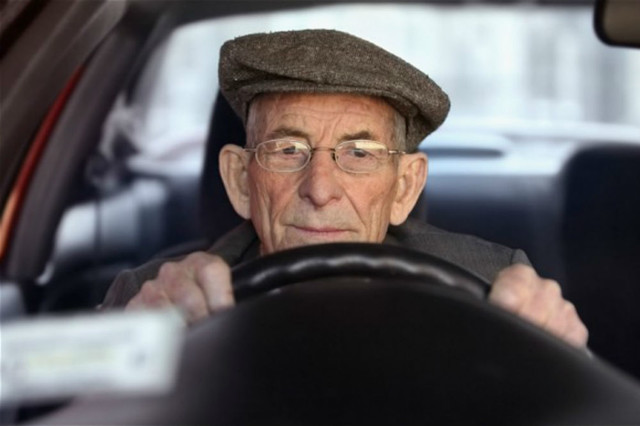
As a result, ministers agreed to a compromise, though the age limit will still rise by five years to when older drivers can declare themselves fit to drive under the new proposals.
Officials are also reportedly working on a new safety framework in an effort to reduce the number of people killed on UK roads, though further details aren’t expected to surface until October.
Perhaps wisely, the Department for Transport is so far keeping schtum about the plans, with a spokesman simply saying: “We are currently considering options for developing the motoring services agencies and will consult later in the year. We cannot at this stage comment on the detail.”



